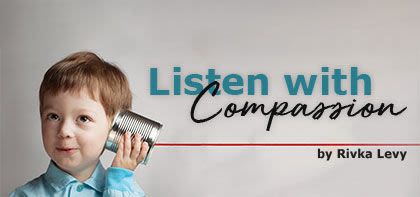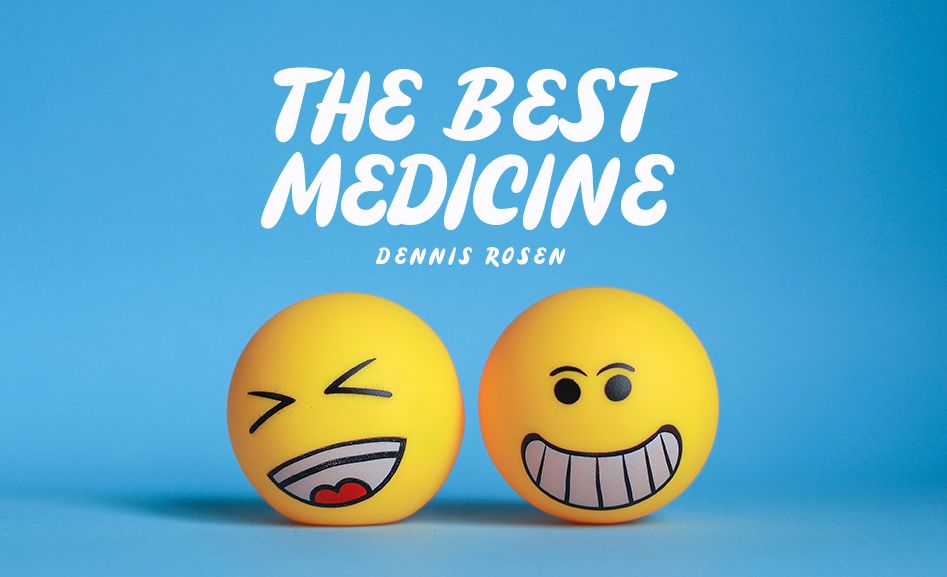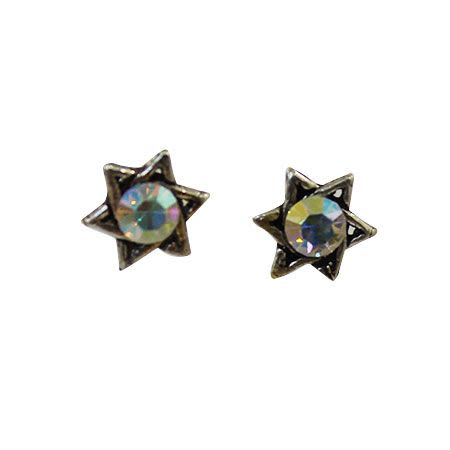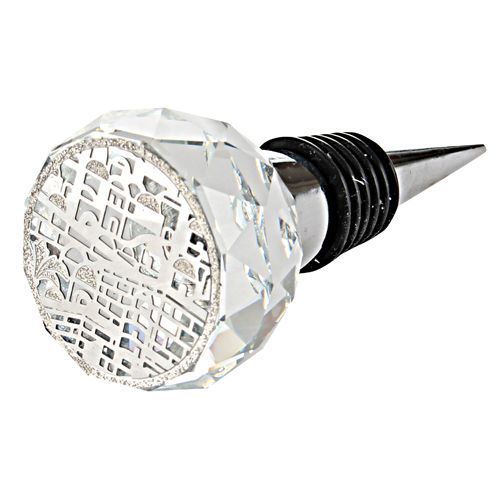
Listen with Compassion
Most people don’t react cruelly on purpose; they never realized that there was a compassionate way of handling their interactions. Let's consider the impact of our words...

Compassionate versus Cruel Responses
Most people don’t react cruelly on purpose; they simply never realized that there was a better, more compassionate way of handling their interactions.
The following scenarios will help you to feel out the differences between a compassionate response and a cruel one, as well as give practical examples of how the three steps of compassionate listening work in real-life.
♥ When you’re reading the scenarios, try to put yourself in both people’s shoes, and pay attention to how you would really feel in these situations.
♥ After you read the scenarios, take a couple of minutes to imagine how something similar might be playing out in your own life.
Scenario 1: The Friend in Financial Straits
Recently, one of Stewart’s business investments unexpectedly turned sour, leaving his wife Jenny and their family with a very big hole in their bank balance and a forced sale of their home. Jenny bumps into her friend Fiona in the local mall a couple days after the bombshell was dropped.
How is the compassionate friend Fiona going to react to Jenny?
1) The Compassionate Friend Asks About You And / Or Your Situation, and They Really Want to Know.
Fiona the compassionate friend is going to ask Jenny how she’s doing, and she’s going to be prepared to give her friend some time and her full attention and caring.
2) The Compassionate Friend Listens Attentively to Your Response.
Fiona the compassionate friend doesn’t butt-in with ‘quick fixes’ or ideas for how to turn everything around, or platitudes. Fiona is going to give her friend the opportunity to unburden herself to a sympathetic ear. If Jenny doesn’t feel like talking about it, she’ll respect that – and not continue to fish for more information – and let her friend know that she’s there for her in whichever way she can be.
3) The Compassionate Friend Reflects What You Need Back at You.
Fiona gives Jenny the encouragement, reassurance and understanding that she needs.
Jenny comes away from the meeting with Fiona her compassionate friend feeling a tad more reassured, a drop more optimistic that everything is going to turn out OK, and a whole lot less lonely.
Now, let’s flip the coin and see – How would Fiona the cruel friend act?
Fiona the cruel friend either doesn’t want to know what’s going on with Jenny, her bankrupt buddy. If she is the prying type, she’ll ask probing, insensitive questions like: “How are you going to fit all your gorgeous furniture into a tiny apartment? You’re probably going to have to sell your antique dining set, too.”
Jenny will come away from her meeting with Fiona, the cruel friend, feeling demoralized, patronized, despairing, angry, and very, very alone.
Scenario 2: The Big Boss
David has a serious job with a serious law firm. Deadlines are set in stone, with staff regularly expected to work through the night to complete a deal.
David usually loves being a successful corporate lawyer, but one afternoon in the middle of doing yet another ‘big deal,’ he gets a phone call to tell him his father has just unexpectedly died from a heart attack.
How is Barry, David’s boss and senior partner on the ‘big deal,’ going to react now that his main man has been taken out of action?
How is the compassionate boss Barry going to react to David’s news?
1) The Compassionate Boss Asks About You And / Or Your Situation, And Really Wants to Know.
Barry knows that David was close to his father. As soon as he finds out the news, he calls David into his office to ask him what the funeral arrangements are and how much time off David will need to come to terms with the tragic and sudden loss of his father.
2) The Compassionate Boss Listens Attentively to Your Response.
Barry immediately picks up that the only thing keeping David in the office right now is his sense of loyalty to Barry.
3) The Compassionate Boss Reflects What You Need Back at You.
Barry takes control of the situation, and insists that David get his things together, and take care of the arrangements for his father. Barry takes great pains to reassure David that they’ve got it all covered, and that he’ll just pull in a few junior partners to finish off the loose ends of the deal.
David feels reassured, comforted and much less stressed by his boss’s compassionate reaction, which took all the pressure of the deal off his shoulders, enabling him to properly manage a very shocking and tragic situation.
Now, let’s see how Barry the cruel boss would have reacted:
Barry is furious at David for putting additional pressure on him in the middle of the deal, and he doesn’t hide it. He knows that David couldn’t help his father having a heart attack at such an inconvenient time, but that doesn’t stop him from sniping at David for leaving far too much of the deal ‘to the last minute,’ now leaving him, with ‘a huge mess.’
Barry isn’t interested in what happened or how David feels about it. He just wants to know two things: “What’s the latest you can leave here, and still make it to the funeral?” And then, “How soon can you get back to the office?” Barry is completely oblivious to the huge emotional explosion that’s just occurred in David’s life, and can only see himself, and his own stress and frustrations.
Scenario 3: The Dead Pet
After months of nagging, Emma finally gave in, and bought her 10-year-old daughter a budgie. Emma laid down some clear rules right from the start: the pet was her daughter’s responsibility, and she was responsible for cleaning the cage and making sure the budgie had enough food and drink.
Emma’s daughter was over the moon with her new pet, but Emma was less thrilled. It made a lot of noise, it made a lot of mess, and when her daughter forgot to clean the cage out, it could really stink.
One day, the budgie looked very fat, and didn’t stop eating. It was pecking away at everything, including the pretty napkin her daughter had put on the bottom of the cage to decorate it.
Emma suddenly realized that the napkin had got stuck in the bird’s digestive system, and the poor budgie was trying to dislodge the blockage by eating everything in sight. Emma realized her daughter’s pet didn’t have much longer to live.
The next day, her daughter came to her hysterical: the budgie had died.
How is Emma the compassionate parent going to react?
1) The Compassionate Parent Asks How Their Child Is Feeling, And They Really Want to Know.
Emma goes to check that the budgie is really dead – it’s true. As she confirms it, her daughter bursts into tears and starts sobbing. Emma puts an arm around her child and hugs her, trying to relate to her pain.
2) The Compassionate Parent Listens Attentively to Their Child’s Response.
Emma realizes that her daughter is feeling guilty and somehow ‘to blame’ for the bird’s death. She reassures her daughter that she looked after her pet, and it was simply time for the bird to die.
3) The Compassionate Parent Reflects Back at Their Child What They Really Need.
She continues to hug her daughter, and then asks her daughter what sort of ‘burial’ she’d like to give her pet.
The daughter is still sad, but feels cared for, sympathized with, and reassured that she isn’t to blame for her bird dying.
How is the cruel parent Emma going to react?
Emma hears the bird has died and bursts out: “It’s that napkin you put into the cage!! The bird ate it, and it stuffed up its stomach. Why didn’t you ask me before you did that??”
Her daughter is terror-struck, her worst fear confirmed: she is to blame for her pet dying. She feels absolutely terrible. Emma is oblivious to the emotional tsunami that’s just swept her daughter away and is already bustling into the bedroom and disposing of the budgie; straight into a plastic bag, into the garbage, and out of the house. Dead birds are very unclean things.
Her daughter watches all this in stunned silence, but Emma doesn’t notice. She’s pleased as punch that the ‘problem pet,’ with its ‘problem food’ has disappeared out of her life, and she couldn’t be happier about it.
Who do you want to be like? And who do you want the people around you to be? Do you see yourself or others in these examples?
Now, we move onto the second foundation – Sensible Accountability.














Tell us what you think!
Thank you for your comment!
It will be published after approval by the Editor.